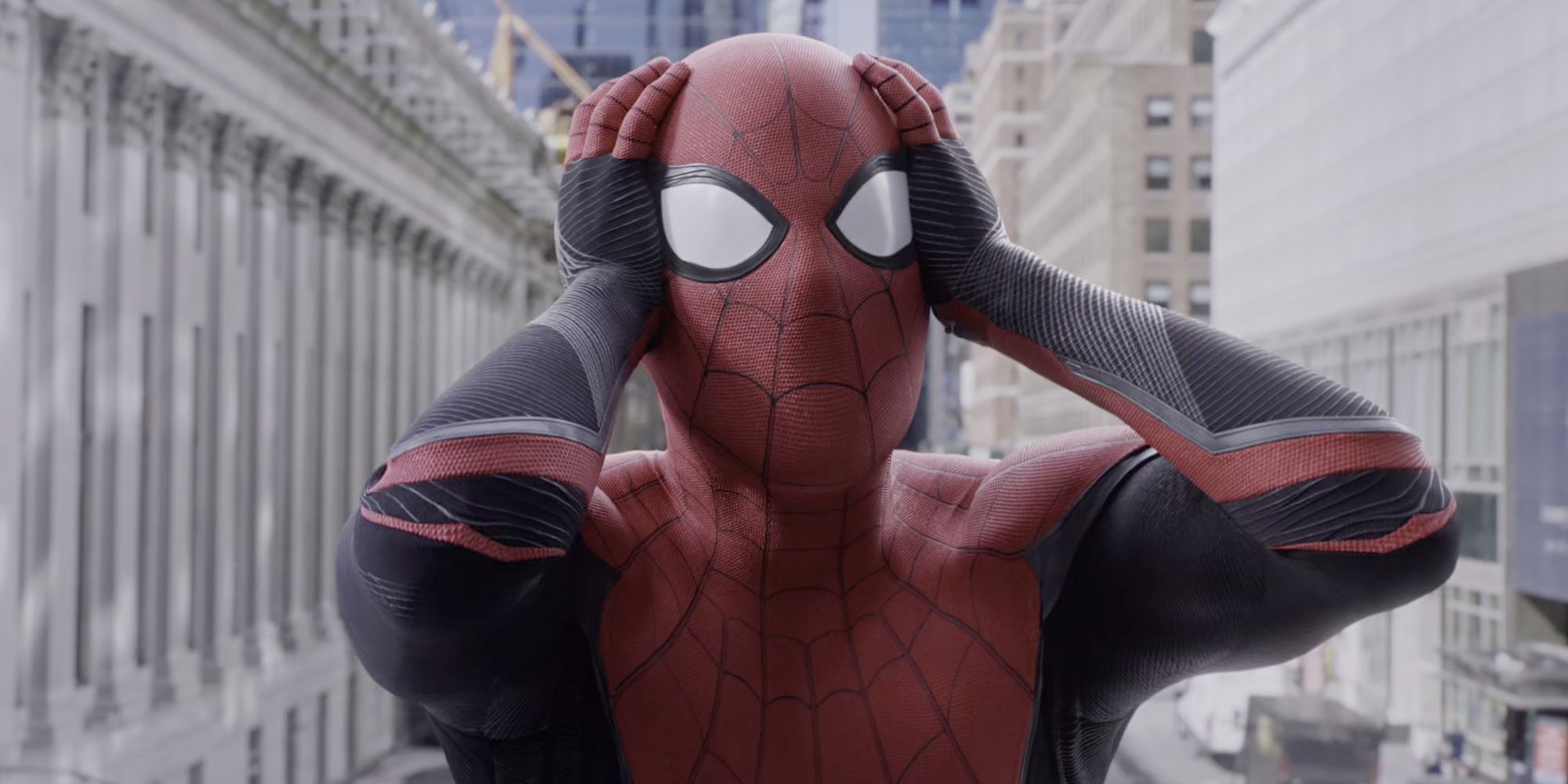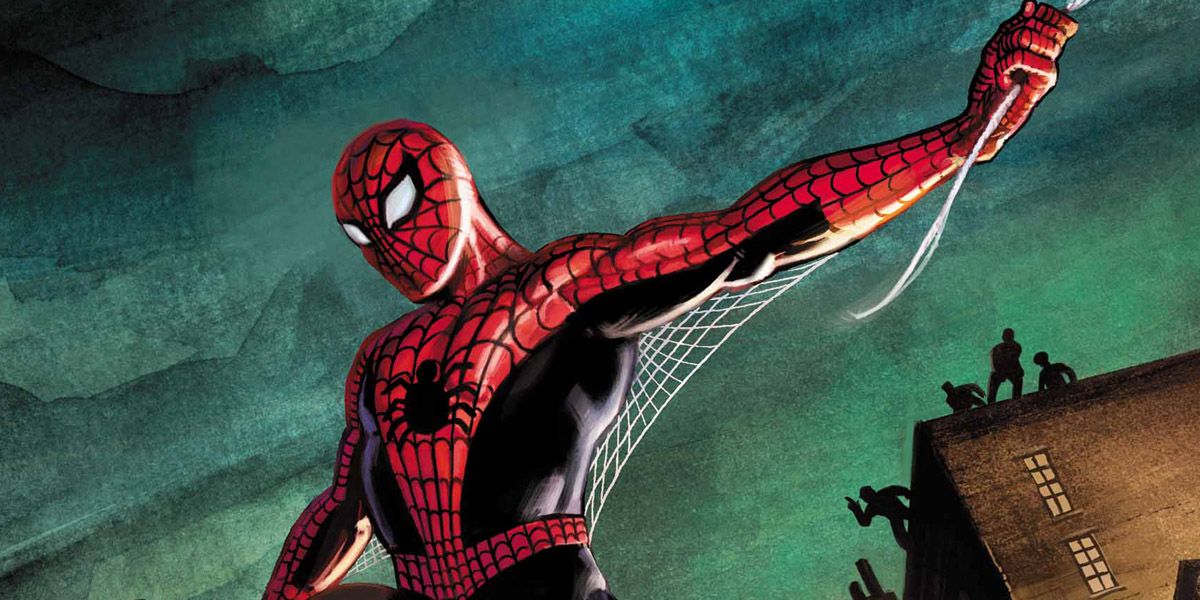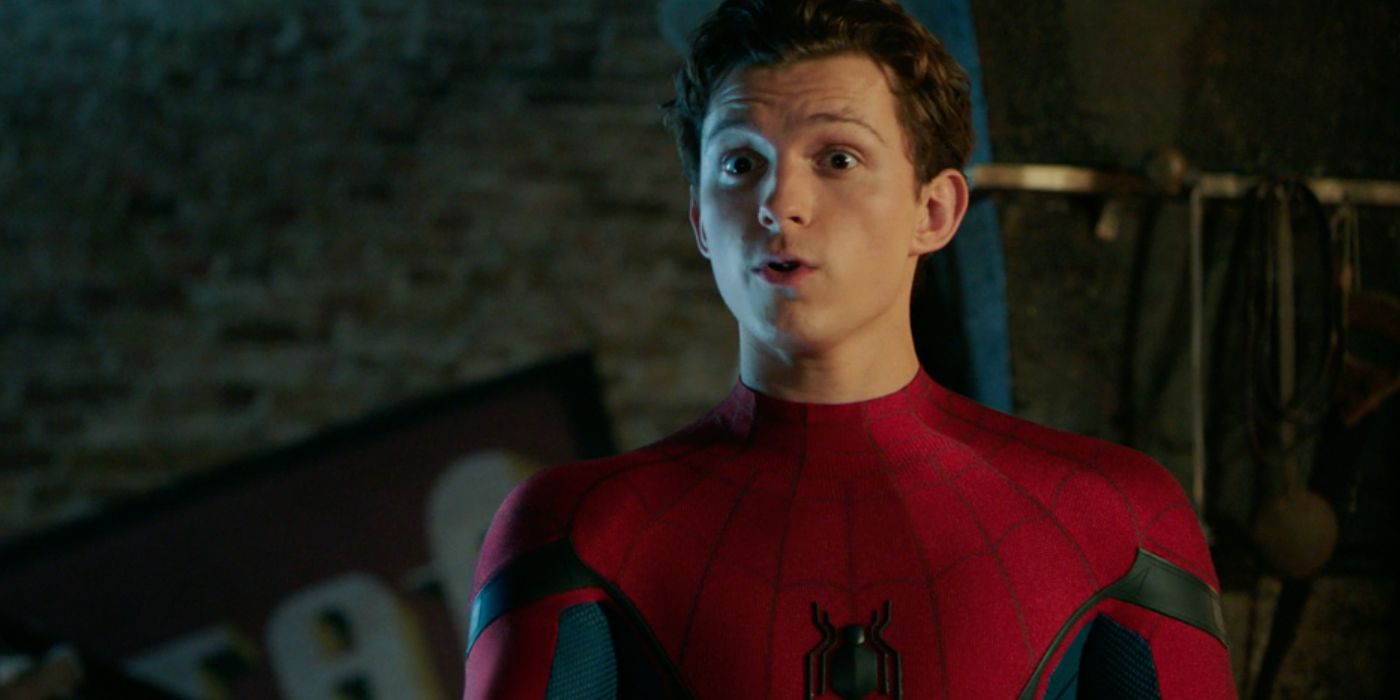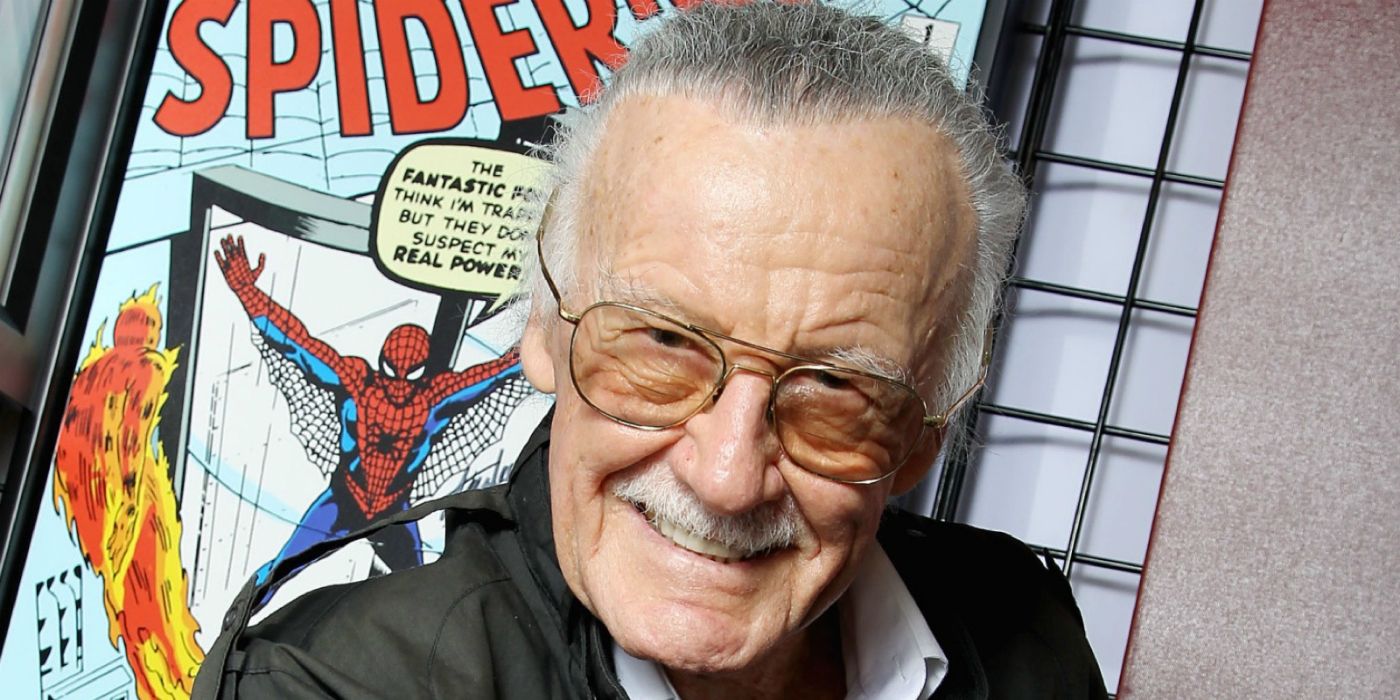It's official: Spider-Man is his own worst enemy. Legendary comic book writer Dan Slott is best known for his lengthy run on Amazing Spider-Man. He joined a rotating crew of writers in 2007 and took over sole writing duties some three years later. The run came to an end in 2018 in one last event, "Go Down Swinging," in which Norman Osborn became host to the Carnage symbiote.
And yet, as memorable as Slott's Spider-Man run may be, Slott recently remembered a moment of controversy. "Peter Parker is his own worst enemy," he observed on Twitter. "Nobody can mess up Spidey's life like Peter. And nobody can mess up Peter's life like Spider-Man." Slott originally thought he was just making a matter-of-fact observation, but it turned into a firestorm of controversy on social media.
Slott has never been one to back down from an argument on social media, and he only doubled down on his proposition. He insisted this lies at the heart of countless classic comic book stories, penned by writers such as Stan Lee, Gerry Conway, and countless others. And here's the simple truth; he's right.
Spider-Man Is A Curse To Peter Parker
Spider-Man has always been something of a curse to Peter Parker. Unlike superheroes such as Captain America and Iron Man, Peter Parker didn't initially choose to be a superhero; he gained his powers as a result of an accident, in which a spider was irradiated and happened to bite him on the hand. Peter originally intended to use his newfound super-powers to make money but learned a difficult lesson when his inaction led to the murder of his uncle Ben. From that point on, Peter resolved to use his powers for good; with great power, he concluded, must come great responsibility.
Peter Parker was still at school when he began his superhero career, and it has always intruded on his ordinary life. While at school, he earned a reputation for being seriously unreliable and perpetually tired in class. His love life was a mess because he was constantly running late for dates, and his smarter girlfriends always sensed he was holding something back. Peter struggled to make ends meet financially, divided between giving as much cash as possible to his Aunt May and purchasing ingredients for his web-fluid.
To Peter, the responsibility of being Spider-Man has frequently weighed upon his shoulders - and he's compared it to a curse. Spider-Man cost Peter the love of his life, when the Green Goblin killed his beloved Gwen Stacy. Although Peter found love again with Mary Jane, their marriage was a troubled one, with the shadow of Spider-Man continually darkening their lives. In the end, Peter's decision to out himself as Spider-Man as a result of the Super Hero Registration Act led to his Aunt May being shot, and Peter literally struck a deal with the devil to save her - a deal that involved the sacrifice of his marriage, as history was rewritten. Truly, Spider-Man has always been Peter Parker's greatest enemy.
Peter Parker Is A Problem For Spider-Man Too
Making matters worse, Peter Parker's humanity is Spider-Man's greatest weakness. Spider-Man's rogues' gallery is second only to Batman's, but all of his worst enemies have a personal connection to him; that idea was even reproduced on the big screen in Spider-Man: Homecoming, where Vulture was the father of Peter's girlfriend. Time and again Spider-Man's heart has been torn in two by his love for the very people he's fighting; how can he fight Norman Osborn, when the Green Goblin is the son of his father Harry? How can he stop Harry's stint as the second Green Goblin without ruining his best friend's life? How can he defeat the monstrous Lizard, while helping his university mentor - the Lizard's alter ego, no less - keep his family together? Matters aren't helped by the fact Peter doesn't always have good judgment; he's rash and spontaneous, wearing his heart on his sleeve, allowing Spider-Man to be manipulated by so many of his worst enemies.
Peter Parker has consistently caused other problems for Spider-Man, though. His need to make a living saw him take up work as a photographer for the Daily Bugle; he gave J. Jonah Jameson an endless stream of photos to use in his anti-Spider-Man editorials. Jameson's relentless campaign probably wouldn't have been at all possible if not for Peter Parker's photographs - and, as a result, he'd have been a lot more popular.
Spider-Man Is A Flawed Hero - That's Why He's Great
Ironically, the very fans who objected to Dan Slott's comment prove they don't understand Spider-Man at all. When Stan Lee and Steve Ditko created Spider-Man, they wanted him to represent the younger readers Marvel realized they were attracting. They created a superhero whose personal life was as important as his superhero identity, simply because he faced familiar and relatable problems. And then they pitted the two different aspects - the superhero powers and the private life - against one another. The idea was even implicit in Spider-Man's origin story, because the wall-crawler's failure to act responsibly - to use his powers as a superhero - cost him on a personal level. In The Amazing Spider-Man #1, Lee wrote a scene in which Peter Parker tossed his suit at the ground in a fit of rage, blaming Spider-Man for his Uncle Ben's death.
The conflict at the heart of Spider-Man is what makes him such a success. For Spider-Man, to be a superhero is to pay a terrible price, and yet he still believes the maxim: with great power comes great responsibility. However much he attempts to cast aside his superhero identity, Peter will always suit up again, unable to stand by and watch as tragedy unfolds. The idea is sure to become increasingly important in the MCU as well, now Spider-Man's identity has been revealed to the world in Spider-Man: Far From Home.




